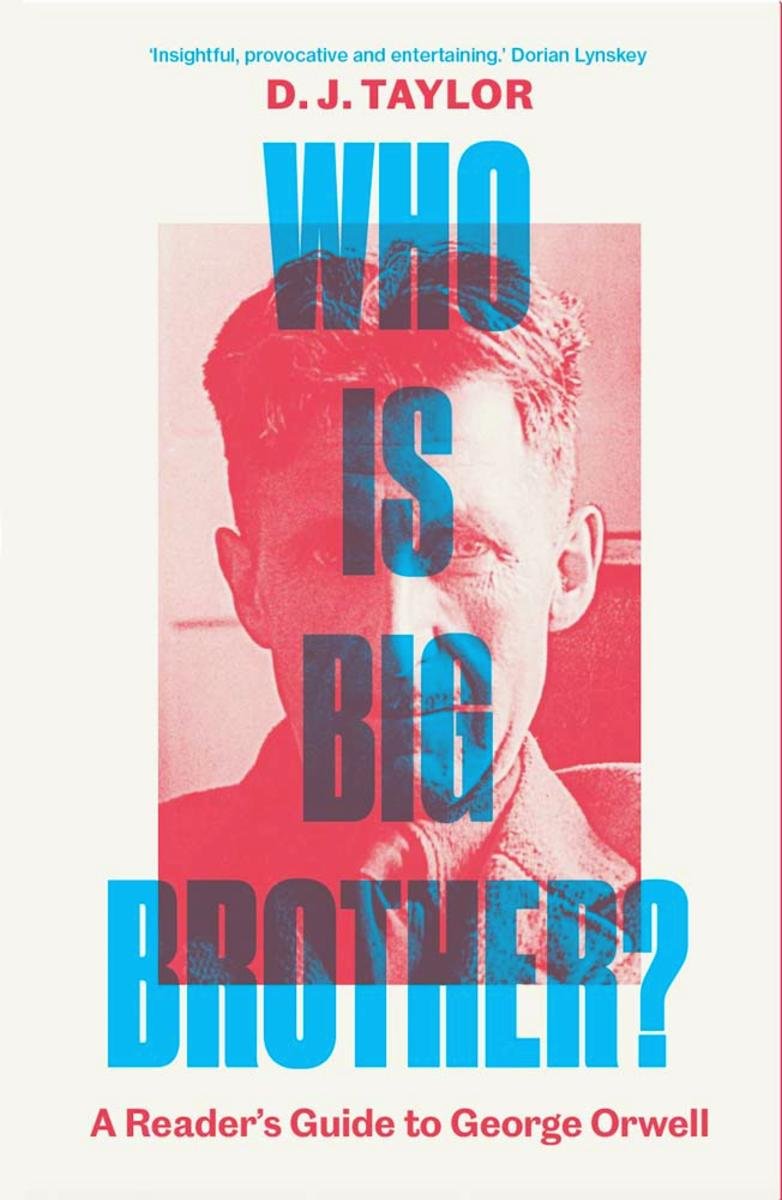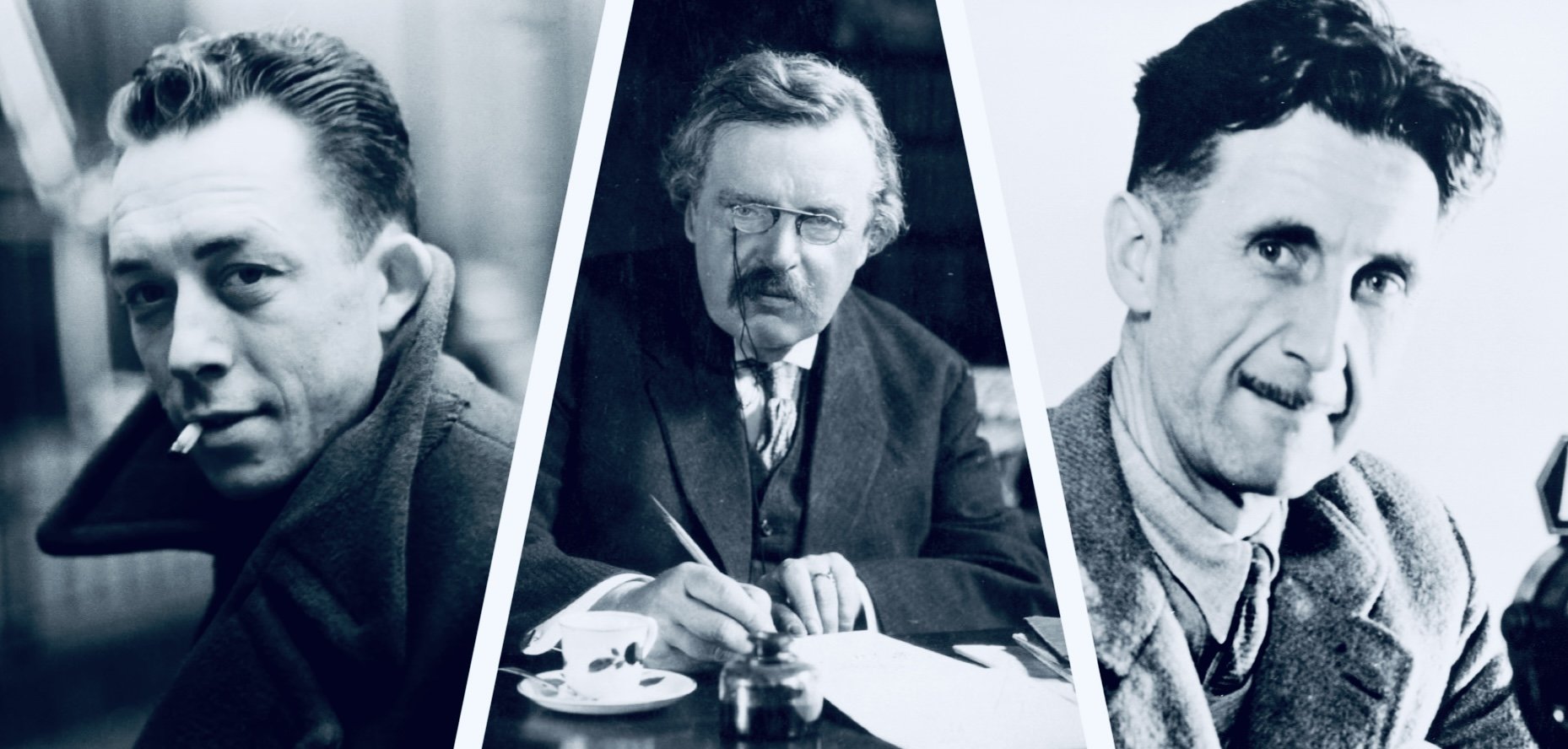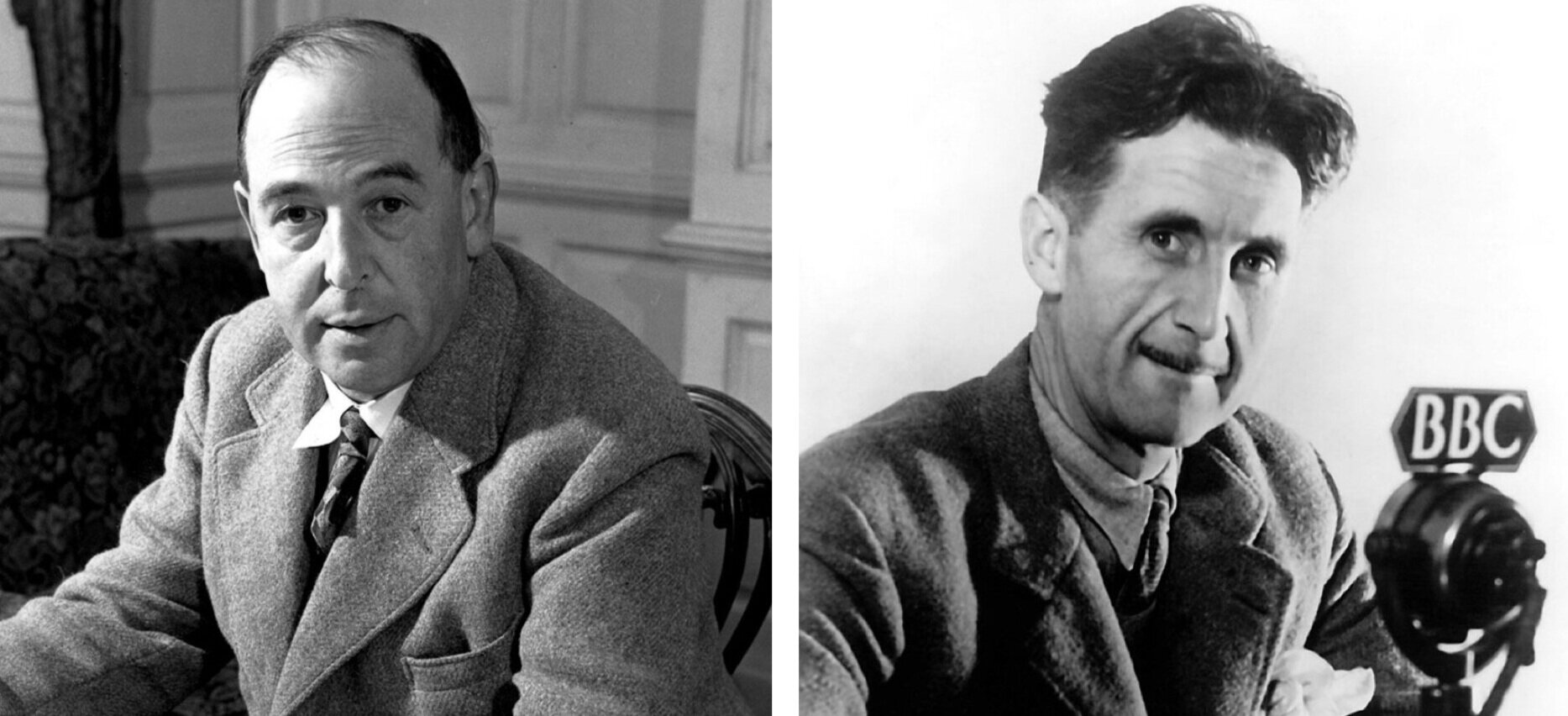Spring reading 2024
/As I hinted at last month, this has been a tough semester, with a lot of illness in the middle and plenty of simple busyness throughout. For a good part of it my reading felt almost as lifeless as I did. Being wrung out by work, the babies, my commute, and many, many trips to the doctor (all good problems to have), I read more fiction than history or other non-fiction this spring, and much of that I didn’t feel too strongly about. Even the disappointing books were only disappointing, not outright bad. Everything felt grey. But looking back several weeks after final grades were in and I could rest for a moment—mentally if not physically—there was actually quite a lot of good reading packed in with the mediocre stuff.
Here are the highlights: my favorite fiction, non-fiction, and kids’ books as well as the handful of books I revisited. For the purposes of this blog, “spring” is defined as everything from New Year’s Day to the end of my first week of summer classes, which was last Friday.
Favorite fiction
The Name of the Rose, by Umberto Eco, trans. William Weaver—Two monks, a widely-read Franciscan scholar and his young Benedictine assistant, investigate a series of strange, seemingly symbolic murders in a remote Italian monastery ahead of a conference of monastic leaders. This is one of the great literary historical novels even if Eco takes the wrong side in the medieval disputes over Ockham’s Nominalist theories and perpetuates some medieval stereotypes along the way, which is frustrating given how well he knows the era. But those a niggles. Erudite and richly detailed but fun, engrossing, and, above all, atmospheric, I greatly enjoyed it.
Down and Out in Purgatory: The Collected Stories of Tim Powers—A wide-ranging collection of more than twenty stories that deal with ghosts, vampires, used books, time travel, custom-edited Bibles, revenge in the afterlife, the sacrament of confession, tomato plants under siege by pests, the grave of HP Lovecraft, and, yes, Purgatory. As with any 700-page collection of short fiction, these are of mixed quality, but all range from good to excellent, with plenty of the creativity, surprises, and wry humor of Powers’s novels. Personal favorites included “The Better Boy,” “The Bible Repair Man,” “Through and Through,” “Fifty Cents,” “A Time to Cast Away Stones,” and the title story, “Down and Out in Purgatory.”
A Coffin for Dimitrios, by Eric Ambler—An English writer in Istanbul, his curiosity piqued by the discovery of the body of a notorious gangster, investigates the gangster’s life and discovers there’s no bottom to interwar Europe’s dark underworld. Evocative and atmospheric, this is a detective story and crime thriller wrapped up in the globetrotting of a spy novel. Full review here.
Medusa’s Web, by Tim Powers—An intriguing supernatural tale of the last remaining members of a cursed family living in their ramshackle old mansion, ominously named Caveat, in the Hollywood Hills. Scott and sister Madeline return to the family manse following the death of their aunt but their cousins, wheelchair-bound Claimayne and angry, standoffish Ariel, make it clear to Scott and Madeline that the siblings are unwelcome and the house rightly belongs to them. We soon learn that the members of this family can travel through time by staring at eerie, abstract, spider-like illustrations on slips of paper. The downside is that using the spiders is addictive and can cause permanent physical and mental damage. In the course of the family drama, trips into the past involve the characters in unsolved mysteries from Hollywood’s silent era, and an unexpected love story blossoms between one of them and a long-dead film star. It also becomes clear that a fabled über-spider, a drawing that contains the visions of all the others and guarantees lethal insanity if even glanced at, may not only still exist but be much nearer Caveat and the warring cousins than Scott would like. And on top of the visions and body-jumping and Old Hollywood gossip and Lovecraftian threat of world-ending madness there are overtones of Poe’s House of Usher, ancient myth, and more. Medusa’s Web has a lot going on and it’s hard to explain without giving too much away, but I greatly enjoyed it and read the entire book in just a few days. Worth checking out if you’re looking for something completely different.
The Mysteries, by Bill Watterson, illustrated by John Kascht—A simple but haunting “fable for grownups” from the creator of “Calvin & Hobbes.” A story of the disenchantment of the world, human hubris, and the inevitable consequences of both. One of my favorite books this spring. Full review here.
Favorite non-fiction
Great Uncle Harry, by Michael Palin—A biography of Palin’s great uncle, a man who was killed in action at the Somme and whom Palin never knew, this is a remarkable piece of detective work, archival research, and familial pietas that also commemorates a lost world and a generation destroyed. A continuously engaging and moving book. Full review here.
Who is Big Brother? A Reader’s Guide to George Orwell, by DJ Taylor—An excellent short introduction to Orwell’s life and work, ranging from his childhood to his death and posthumous reputation—indeed, the book begins with the birth of his legend almost the moment he died—and covering everything from his personal character, novels, journalism, and his evolving political ideas to his attempts at farming, his friendships with other writers, his love of England, and his hatred of pigs. I strongly recommend this book to any and everyone. Taylor is also the author of two (two!) full-length biographies of Orwell. I have his Orwell: The New Life on standby for future reading. I blogged about Orwell and Nineteen Eighty-Four twice based on observations made in Taylor’s book. You can read those posts here and here.
Suspicious Minds: Why We Believe Conspiracy Theories, by Mark Brotherton—A solid examination of the psychology of conspiracy theories and conspiracist thinking. Brotherton does not make a case that conspiracy nuts are, well, nuts, but rather that they let run unchecked natural and useful thought processes that simply need discipline. Some of this will be old hat to anyone who has studied conspiracy theories seriously, but this may be the best and fairest one-volume assemblage of this material that I’ve come across. Full review here.
Campaldino 1289: The Battle that Made Dante, by Kelly DeVries and Niccolò Capponi—A thorough and thoroughly-illustrated guide to the bloody battle between Guelf Florence and her allies and Ghibelline Arezzo and her allies, in which a young Dante Alighieri participated. I wrote a paper about Campaldino in a graduate seminar on medieval and renaissance Florence at Clemson and the available material was thin back then. This book would have been a godsend. Worth looking at for anyone interested in Dante, medieval Italy, or military history.
A Mystery of Mysteries: The Death and Life of Edgar Allan Poe, by Mark Dawidziak—This briskly written book tells two stories in alternating chapters. The first is an overview of Poe’s life, with all of its hardships and all-too-brief victories, up to 1849. The second is the story of Poe’s final months, in which he both behaved erratically (telling friends in Philadelphia that pursuers were trying to kill him and had, in fact, murdered and dismembered his beloved mother-in-law, who was alive and well in New York at the time) and also seemed to be on the cusp of overdue success (having reached an understanding with a childhood sweetheart, now a wealthy widow, and working on soliciting support for his long-dreamed-of literary journal) before dying under unexplained circumstances in Baltimore. Dawidziak offers a good capsule life story of Poe in the one half and a thorough examination of Poe in the weeks before his death in the other, and follows these up with a good explanation of the evidence and competing theories about what exactly happened to Poe on that final trip. Had Poe had an alcoholic relapse? Was he the victim of cooping? Some kind of brain swelling? Cholera? Syphilis? Rabies? The theory Dawidziak offers is one of the more convincing that I’ve come across, and he makes a good case for it. I would have liked a slightly more scholarly and well-sourced treatment of this subject but this is a good book and a worthwhile read for any fan of Poe. I wrote a short post about one offhand comment by an interviewee in this book. You can read that here.
Rereads
As usual, audiobook “reads” are marked with an asterisk.
Inferno and Purgatorio, by Dante, trans. Stanley Lombardo
No Country for Old Men, by Cormac McCarthy*
Beauty: A Very Short Introduction, by Roger Scruton*
Wise Blood, by Flannery O’Connor
A strong set of books to revisit, especially Wise Blood, which I last read in college and hardly remembered. I’m enjoying but not loving Lombardo’s translation of the Comedy. I hope to read his Paradiso this summer.
Kids’ books
The Mysterious Goblet, by Sophie de Mullenheim, trans. Janet Chevrier—The third in a series set in the Rome of Diocletian and the Great Persecution, in which the emperor is all-powerful and Christians are despised and suppressed as threats to order. This wasn’t my favorite of the series so far but it has an engaging, multi-thread plot and was enjoyable both to read aloud and, for my kids, to listen to.
Charlie and the Chocolate Factory, by Roald Dahl—Somehow I’ve made it to the age of 39 having never read anything by Roald Dahl. I read this on my daughter’s recommendation and loved it. (And what a joy to take a book recommendation from one of your children!) Clever, briskly paced, darkly and wryly funny, and most of all really fun to read. Looking forward to James and the Giant Peach soon.
Flight for Freedom: The Wetzel Family’s Daring Escape from East Germany, by Kristen Fulton, illustrated by Torben Kuhlmann—A short, simple, but nicely illustrated retelling of the story of two East German families who flew over the wall to West Germany and freedom in a homemade hot air balloon. A fascinating story that my kids really enjoyed, and a good opportunity to talk about why Germany was divided and what Communism is (as opposed to what some people would like it to be). This also prompted us to check out the 1982 film Night Crossing, which we enjoyed.
Saint Patrick the Forgiver, by Ned Bustard—A delightful picture book with a rhyming story and beautiful woodcut illustrations by the author. Bustard also has books on St Valentine and St Nicholas of Myra—the real Santa Claus—but this Patrick book is far and away his best of the three. Going to add this to my list of recommended St Patrick’s Day reads soon.
Looking ahead
That’s it! I’m already reading some good stuff—a Viking adventure by the author of King Solomon’s Mines, a study of Dante by Charles Williams, a short book on Old Testament wisdom literature by a favorite philosopher, and my first novel for this year’s John Buchan June—and I’m looking forward to more in the relatively more relaxed days of summer. I hope y’all found a book or two above that sound enticing and that you’ll check them out. Thanks as always for reading!














